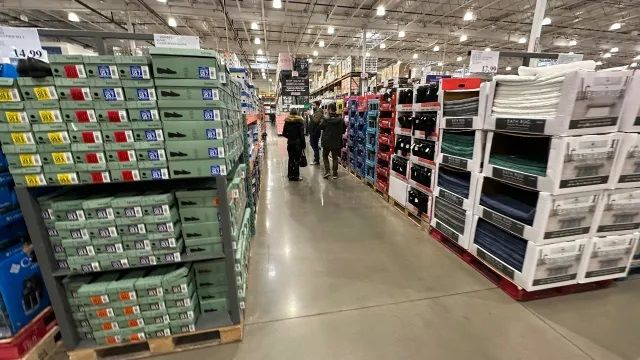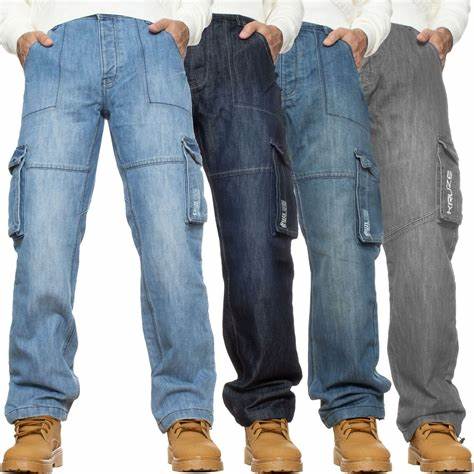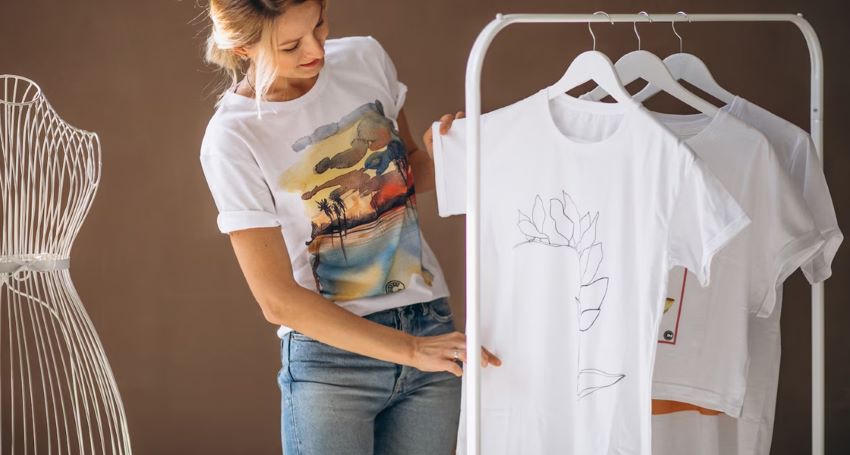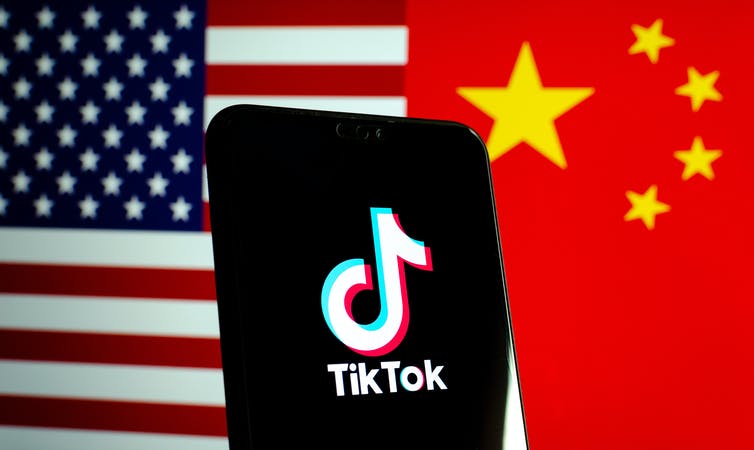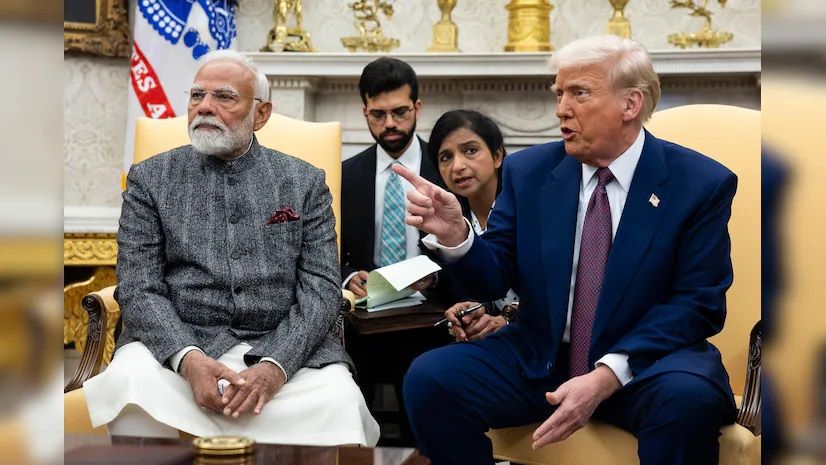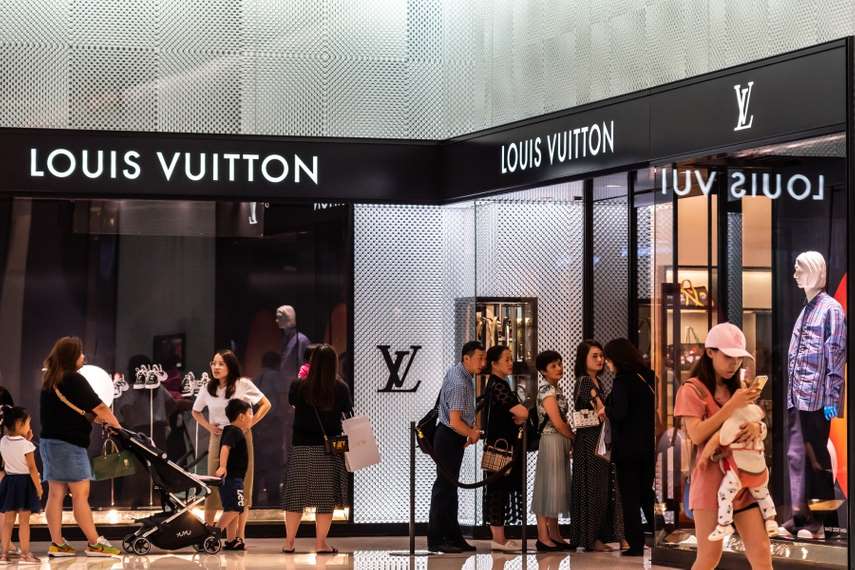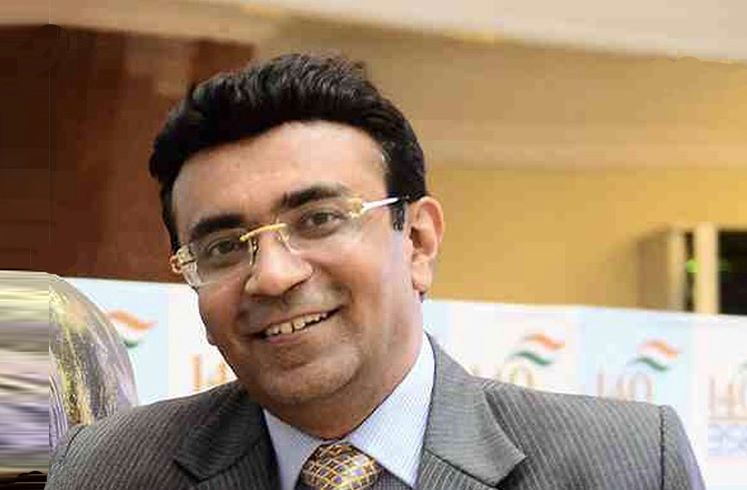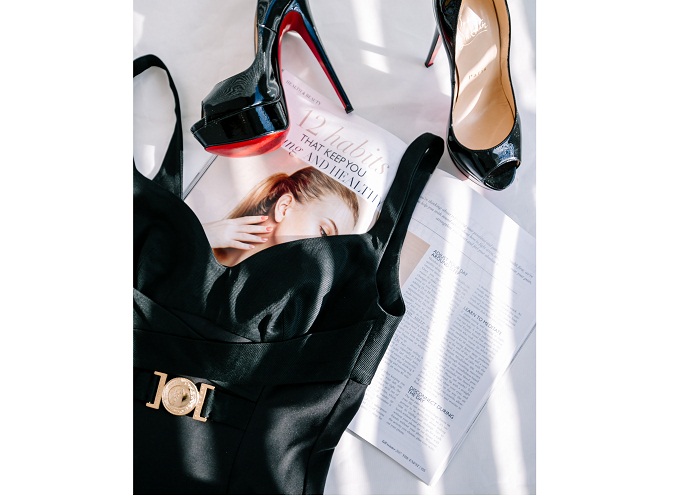
Morgan Stanley has declared South Koreans to be the world’s biggest spender on luxury. From pristine calf-leather Italian Prada bags or classic, checkered British Burberry trench coats, South Koreans are connoisseurs of luxury and outspend the Chinese and American luxury buyers per capita by $ 55. South Koreans per capita spend on luxury was $325, compared to $285 by Americans and $55 by the Chinese. Total spending on personal luxury goods by South Koreans year-on-year grew around 24 per cent to $16.8 billion at the end of fiscal year 2022-23.
Morgan Stanley analysts explained the demand for luxury goods among South Korean buyers is driven both by an increase in purchasing power as well as a desire to outwardly exhibit social standing. Noted luxury houses have tapped Korean icons to further catalyze demand as appearance and financial success can resonate more with consumers in South Korea than in most other countries. No wonder then most major Korean celebrities are brand ambassadors of leading luxury houses. Fendi is represented by actor Lee Min-Ho, Chanel by rapper G-Dragon and Tiffany & Co. made Blackpink singer Rose the face of its HardWear collection. Other key brands endorsed by South Korean celebrities include Celine, Prada, Chaumet, MAC, Calvin Klein, and Bulgari.
Luxury brands flex muscles
The best of the best international luxury brands are displaying their might over each other for the coveted South Korean luxury market and the important tourist attractions their battleground as collections are being staged for international audiences. For example, French luxury brand Dior presented its Fall/Winter 2022 Women’s Collection at Ewha Womans University in Seodaemun-gu, Seoul last April. It has been 15 years since Dior’s 60th anniversary Asia Pacific fashion show at Seoul Olympic Park in 2007. Louis Vuitton staged its first-ever pre-fall fashion collection at Some Sevit floating islands on Seoul’s Han River and for the first time in South Korea, women’s wear creative director Nicolas Ghesquière opened the show in person.
Clearly, South Korea is of great importance to the LVMH Group, the operator of multiple fashion and jewelry brands such as Louis Vuitton, Christian Dior and Tiffany & Co., logged record sales in South Korea last year, following a slew of price hikes for its flagship products amid the country's increased spending on luxury goods. As per Louis Vuitton Korea, the Korean subsidiary of LVMH's Louis Vuitton, the company's sales last year was $1.2 billion, up 15 per cent from 2021. The brand's operating profits also saw a significant increase, recording a 38 per cent jump from the year before, with 417 billion won.
Christian Dior Couture Korea's sales last year also increased by 52 per cent on-year to 929 billion won, while its operating profits increased by 53 per cent to 323 billion won. Not to be outdone, Kering Group’s Gucci has organised an exclusive show at the famous Gyeongbokgung Palace but for unfortunate events that escalated over a photo shoot by a fashion magazine, the show had been postponed and later after another crisis, postponed the second time. No matter what, acknowledging the importance of this market, Gucci insists on going through with the event at the palace.
More luxury brands are entering South Korea directly as the domestic luxury market expands. French luxury brand Celine entered the Korean market directly as has Thom Browne by establishing a Korean subsidiary, Thom Browne Korea. LVMH, which owns Louis Vuitton, Dior, and Fendi, and Kering, which owns Gucci, Saint Laurent, and Bottega Veneta, are traditional rivals in the luxury market, ranking first and second in sales.


